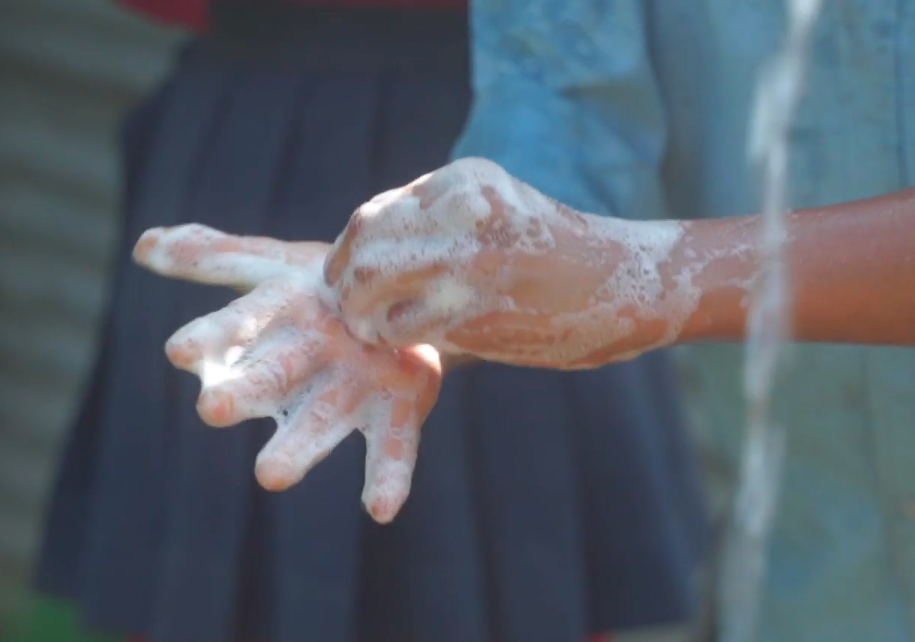Education For All
Aside from the fact that education is a fundamental human right, the benefits of educating girls are indisputable, with many arguing that it is the single most important way to address global poverty and promote economic development. In India if just one percent more girls attended secondary school, their GDP would increase by $5.5 billion.
Educated girls are healthier, marry later, and have fewer children. An extra year of school for girls can:
Reduce infant mortality by 5-10%
Increase a girl’s future earnings by 10-20% for primary school or 15-25% for secondary school.
Why is it that 42% of girls in the developing world are not enrolled in school?
For many menstruation results in absences, which then leads to them falling behind in school. In Nepal as many as 3 out of 10 girls report missing school because of their period. In India, almost a quarter of girls drop out of school entirely after starting their periods.
Girls in many parts of the developing world face a combination of menstruation related barriers that vary depending on the local culture and environment. Myths, taboos, and a general lack of education regarding menstruation often create an unsupportive environment.
In some parts of western Nepal the practice of chaupadi, or the separation of women during menstruation, is still common - though it is gradually changing. Chaupadi originated from Hinduism and is based on the belief that menstruating women are impure or polluting, so they cannot go in the house or eat with their family during that time.
Many girls face a lack of access to adequate hygienic products (and often have to use unsanitary materials such as old rags, leaves, or ash), as well as pain management methods to help them deal menstrual cramps. To top it off, many schools do not provide girls with access to safe, private, and clean toilet or latrine facilities.
Thus, to keep girls in school the incorporation of WASH programming that includes Menstrual Hygiene Management is crucial.
Changing cultural norms and dispelling harmful myths takes time and education, but ensuring that girls have access to adequate toilet facilities at school provides them with the environment they need to be comfortable, confident, and successful.
Combining toilets with menstrual hygiene education (for girls AND boys), as well as access to appropriate sanitary products is a huge step in the right direction towards educating girls and promoting gender equality, which in turn benefits the health of their family and community and boosts the economy.
Menstrual Hygiene Day
Our vision at Manavta is to create a world in which every girl and woman can manage her menstruation in privacy, safety and with dignity. Menstrual Hygiene Day will help to break the silence and build awareness about the fundamental role that good menstrual hygiene management (MHM) plays in enabling women and girls to reach their full potential. To learn more visit www.menstrualhygieneday.org/ and check out our Resources to learn about our MHM initiatives.






